The Director of ISRS spoke at the Atlantic Council in Washington
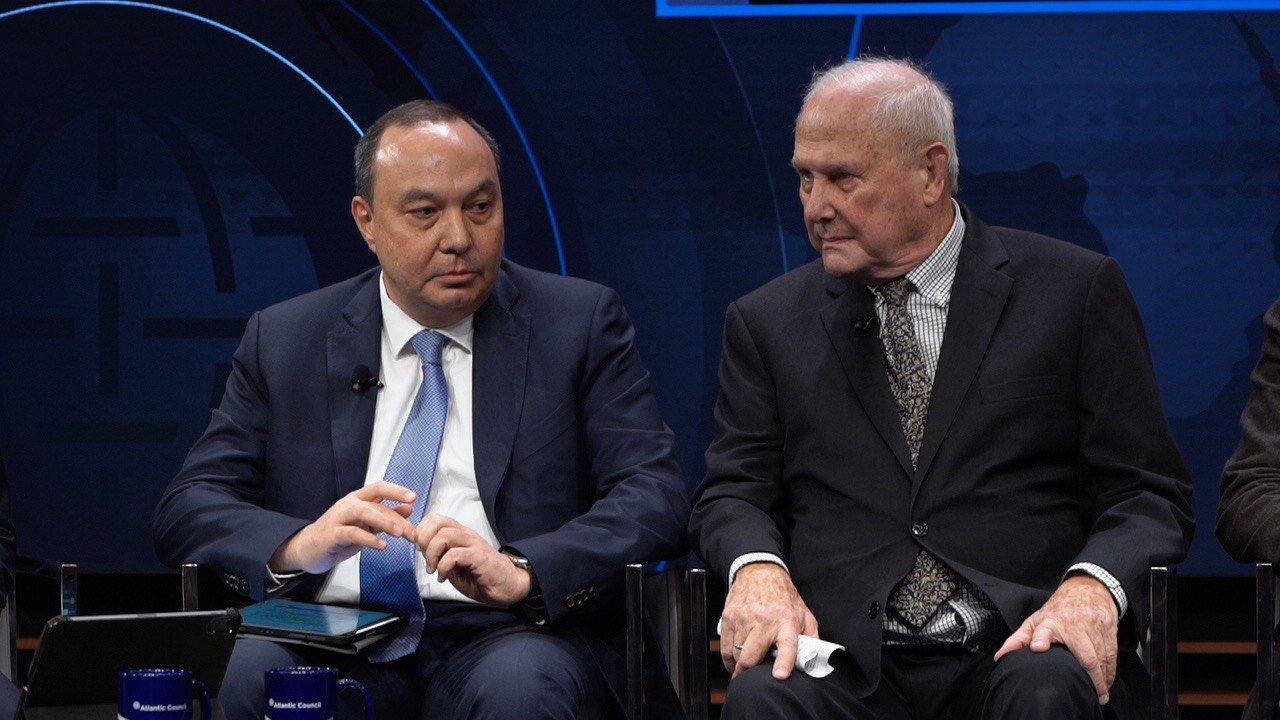
The Director of the Institute for Strategic and Regional Studies under the President of the Republic of Uzbekistan (ISRS) spoke at the Atlantic Council, one of the leading think tanks of the United States, in the US capital.
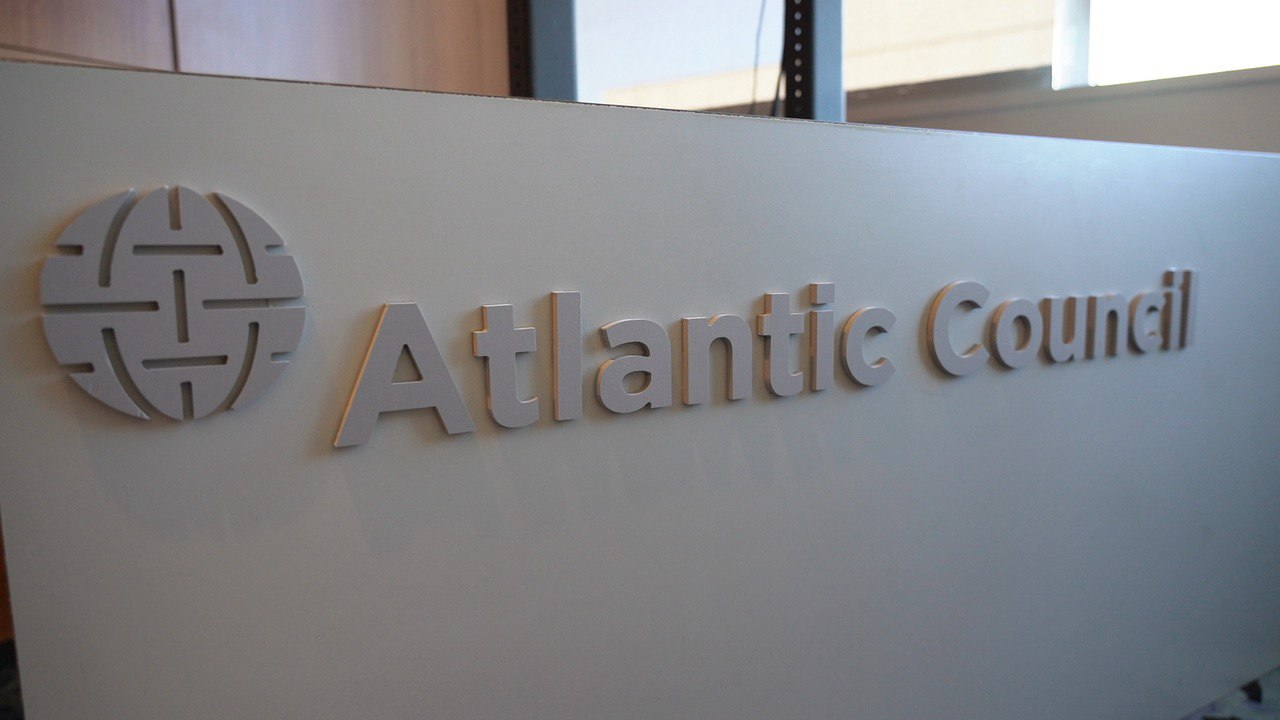
The event was timed to coincide with the results of the C5+1 US-Central Asia summit held at the White House.
The discussion was attended by representatives of the US administration and Congress, as well as prominent members of the American expert and analytical community.
Congresswoman Dina Titus addressed the participants with welcoming remarks. The event was moderated by John Herbst, Senior Director of the Atlantic Council's Eurasia Center and former U.S. Ambassador to Uzbekistan and Ukraine.
The Uzbek side was represented by Sodiq Safoev, First Deputy Chairman of the Senate of the Oliy Majlis of the Republic of Uzbekistan and Eldor Aripov, Director of the ISRS.
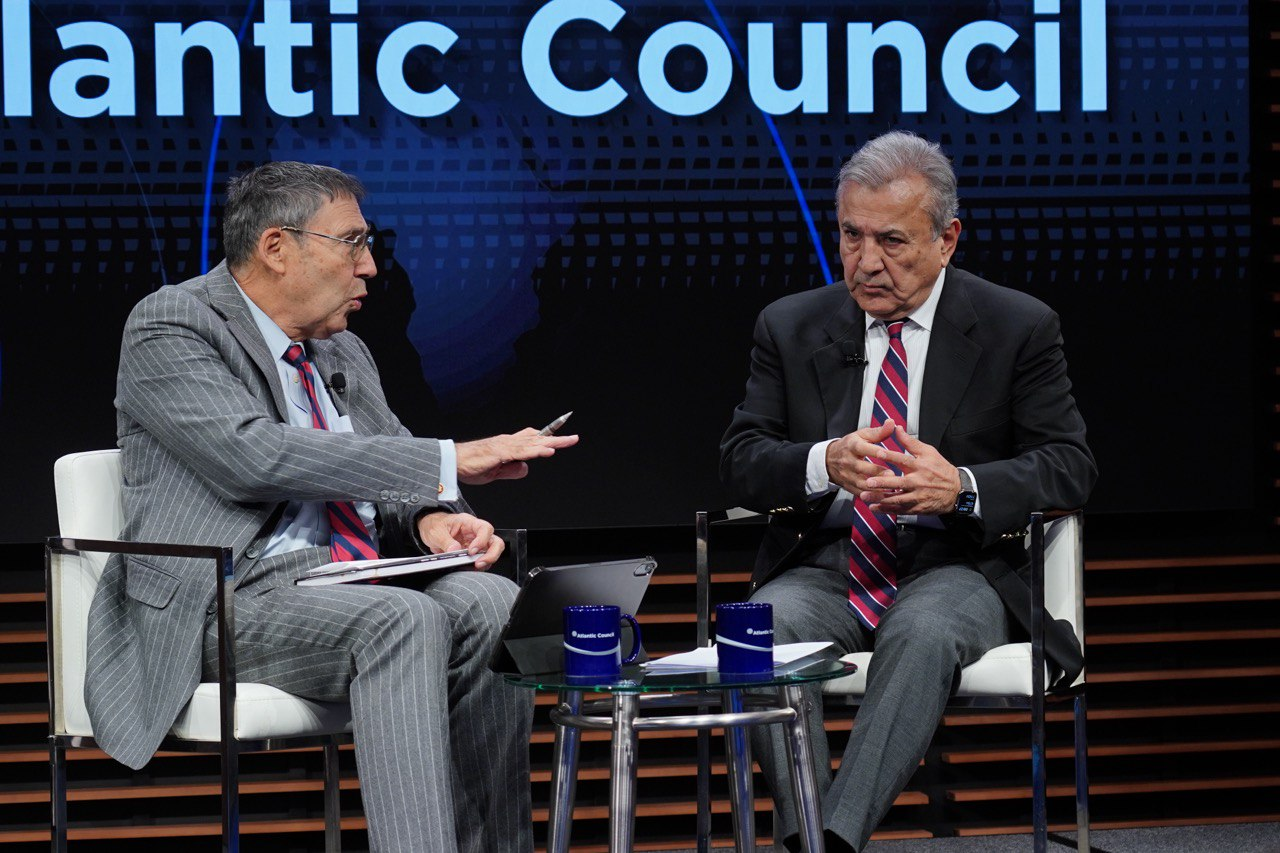
In his speech, the ISRS Director emphasized that the summit was a recognition of the emergence of a new political and economic reality – the New Central Asia.
"This summit was more than just another round of dialogue. It demonstrated the United States' support for the process of regional consolidation, the strengthening of the independence and autonomy of the Central Asian countries, and a recognition of a new reality—the emergence of a New Central Asia, more consolidated, predictable, and capable of acting as an effective partner for the world's leading powers," noted the ISRS Director.
He emphasized that in recent years, the region has undergone one of the most profound transformations in the post-Soviet space. The policy of openness and good-neighborliness pursued under the leadership of President Shavkat Mirziyoyev has laid the foundation for an atmosphere of trust and mutual support between the countries of the region.
"The previous competition has been replaced by an understanding that sustainable development is only possible through cooperation. Today, the region speaks with one voice and demonstrates maturity and responsibility in addressing shared challenges," noted the head of the ISRS.
He recalled that regional trade has increased fivefold, mutual investment has doubled, and even during the pandemic, the borders of Central Asian countries remained open for vital supplies, which has become an example of collective resilience.
According to the ISRS Director, the current summit marked recognition of Central Asia as the emerging center of a new geoeconomic dynamic in Eurasia. The region is increasingly attracting the attention of leading powers due to its strategic location, resources, and growing potential.
"A new architecture of interaction is gradually emerging, based on the principles of equality, openness, and a balance of interests. Central Asia must remain a space of cooperation, not competition between major players," the speaker emphasized.
He noted that the United States can play a key role in maintaining the openness and resilience of the region by promoting its strategic autonomy and technological development.
Particular attention was paid to issues of technological and educational cooperation with the United States as the most important area of partnership.
"This is not just about access to the latest technologies, but also about investing in human capital—the knowledge, skills, and professions of our youth," the head of ISRS emphasized.
In conclusion, the Director of the ISRS noted that Central Asia is entering a new stage, when its voice is becoming increasingly louder on the international stage.
"Our partnership with the United States must be built not against someone, but for something—for development, sustainability, and prosperity. Today, we have a historic opportunity to transform a shared vision into shared achievement," he concluded.
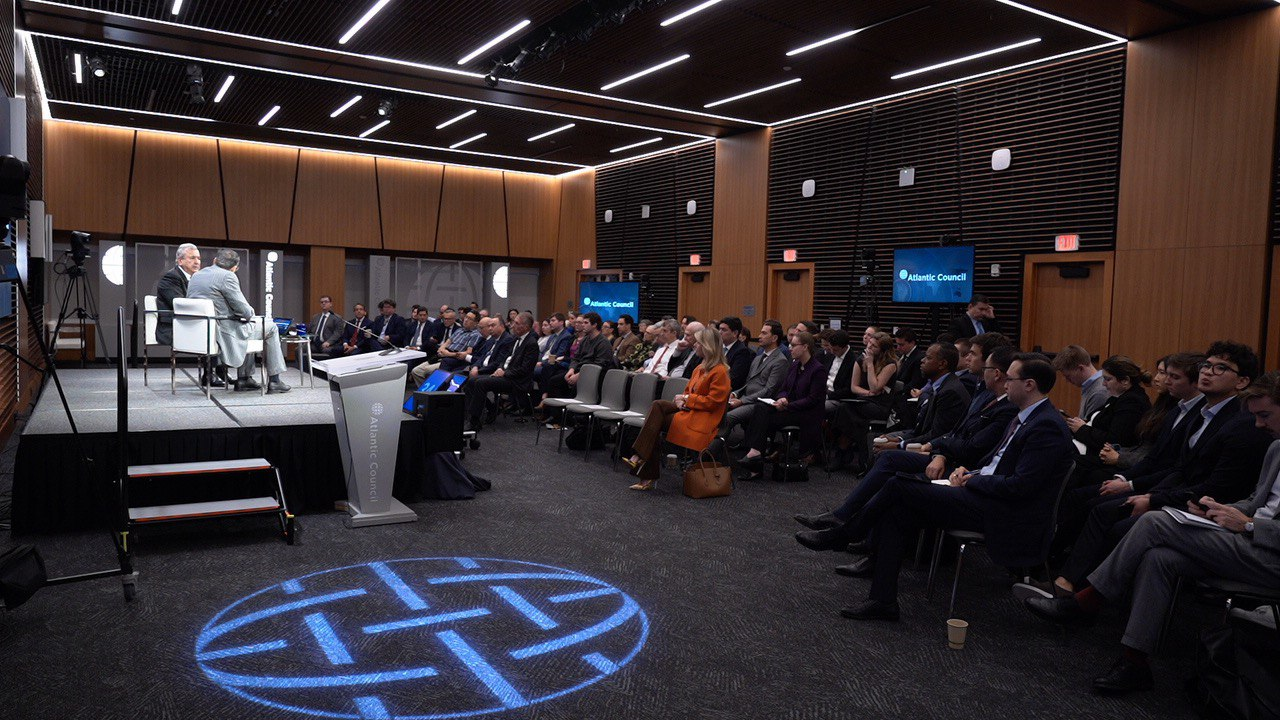
During the visit, Eldor Aripov held separate meetings with Chairman of the Central Asia-Caucasus Institute at the American Foreign Policy Council; Efgan Nifti, Executive Director of the Caspian Policy Center; and John Herbst, Senior Director of the Atlantic Council's Eurasia Center.
During the negotiations, the parties discussed promising areas and specific cooperation projects for the near future.
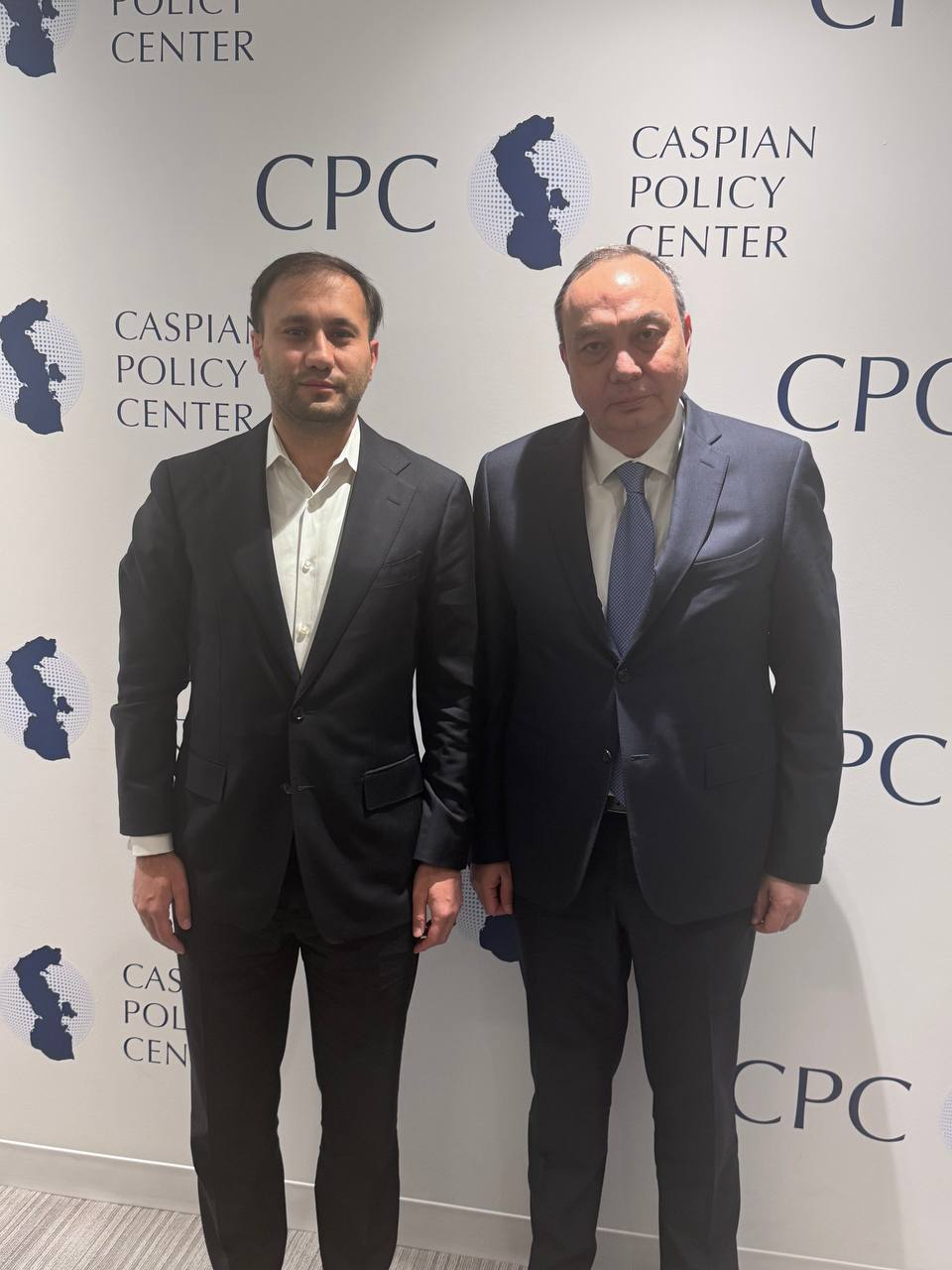
Next

On 5–6 November 2025, the annual Academic Conference of the Boao Forum for Asia was held in Chengdu, China.
09.11.2025





